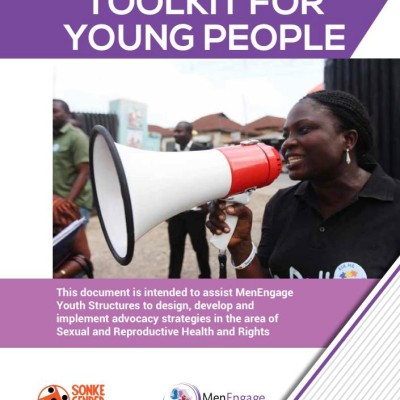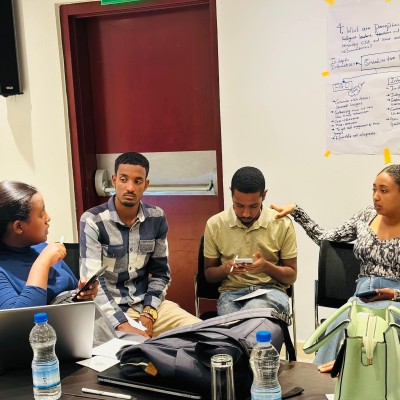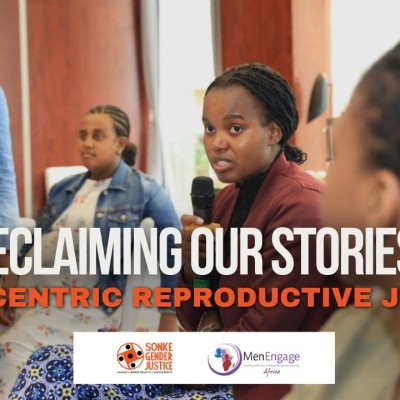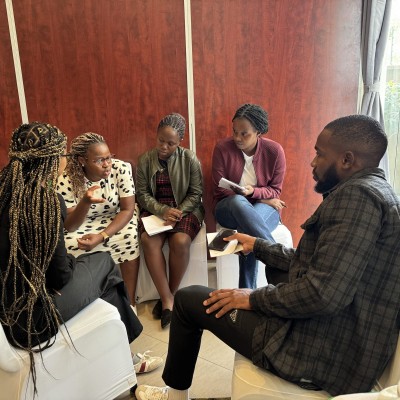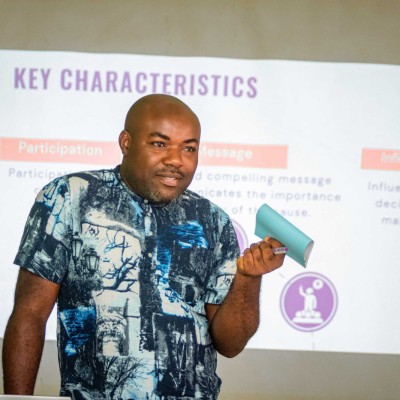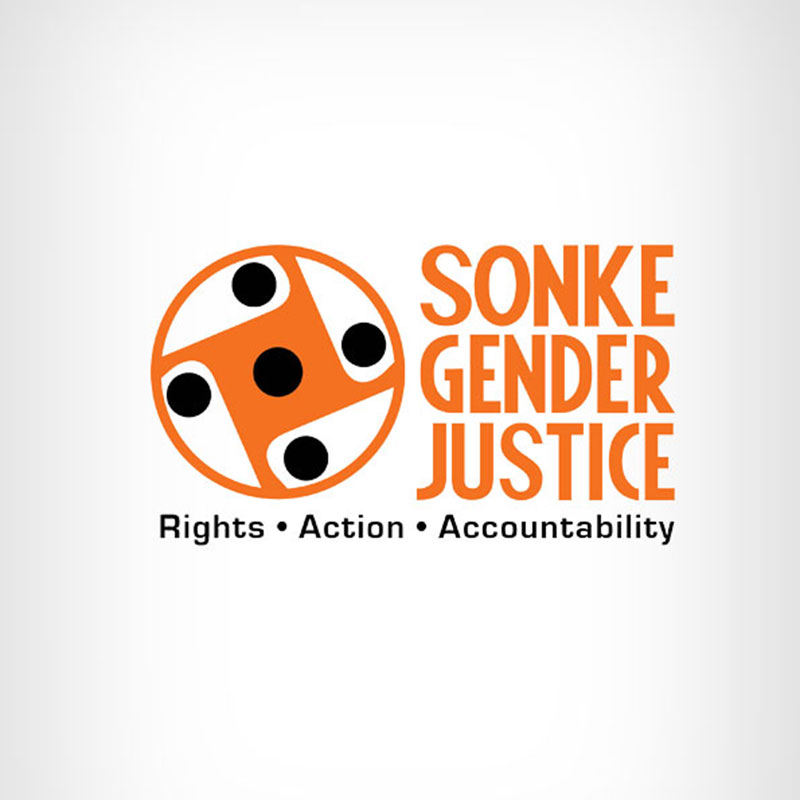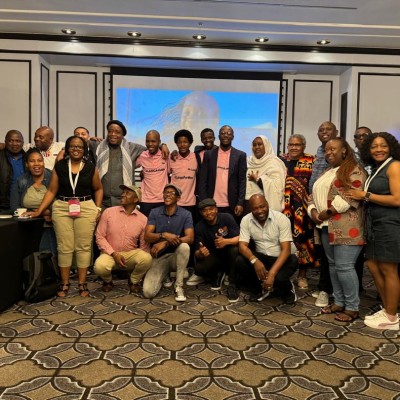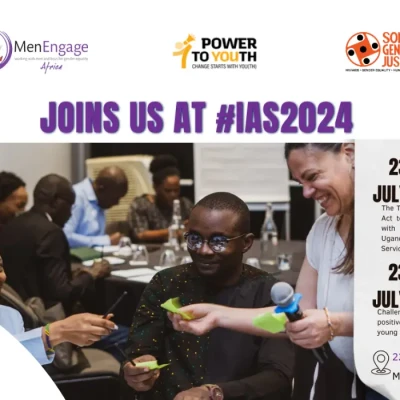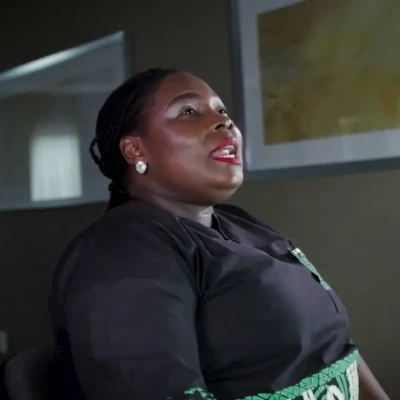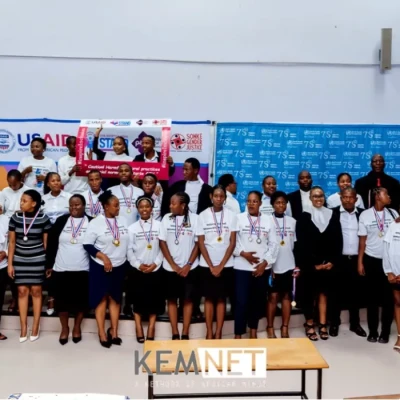There is a growing realisation that men and boys are underrepresented in HIV services while being overrepresented amongst AIDS deaths and a key part of the cycle of new HIV infections, a cycle which needs to urgently be broken to reduce new HIV infections among adolescent girls and young women. The global Fast-Track targets to end the AIDS epidemic as a public health threat by 2030 will not be achieved unless men are better engaged in the HIV response.
Changing ‘business as usual’ is therefore vital in order to reach men with HIV-related services while advancing gender transformative and responsive programmes. This is critical for men and boys health and for the sake of women, girls and health for all. If the HIV epidemic is to be successfully halted, urgent action is needed on two fronts. The first is challenging the harmful gender and social norms that discourage men from seeking health services and behaviours (such as violence and non-use of a condom) that increase the likelihood of HIV transmission to women and girls. Second is ensuring that health system policies, programmes, and service delivery adequately address the HIV-related needs of men in all their diversity. All interventions need to be coupled with broader approaches to realise gender equality – including women’s and girl’s empowerment and challenging structural patriarchal barriers.
Sonke Gender Justice is working closely with UNAIDS, the International Planned Parenthood Federation (IPPF) and the MenEngage Africa alliance to increase the focus on men as well as men’s participation in HIV response efforts. Together, we recently launched the Global Platform for Action on Men in the HIV Response at the 21st International AIDS Conference, which was held in Durban, South Africa, from 18th – 22nd July 2016. The policy outlines goals to improve men’s access to, and use of, HIV wellness services and through it we will be advocating for policies and programmes to transform harmful gender norms that increase women’s and men’s vulnerabilities to HIV and AIDS.
The launch follows months of planning which began with a meeting between Sonke, MenEngage Africa partners and the leadership of the UNAIDS gender team at the 2015 Commission on the Status of Women (CSW), which resulted in a commitment to co-convene a global consultation on men and HIV services to address men’s low use of HIV services and the impact this has on men, women, children and public health systems.
At a follow-up meeting in December 2015, in Geneva, organised by Sonke and International Planned Parenthood Federation (IPPF), this commitment was concretised. In parallel, Sonke staff held very promising discussions with the UNAIDS Regional Support Team (RST) for Eastern and Southern Africa (ESA), which focuses on 21 countries and they too have committed to rolling out a regional campaign to address men’s low use of HIV services. MenEngage Africa and its partners will focus on developing a shared campaign on increasing men’s utilisation of HIV services from testing to treatment and care. The benefits of men testing for HIV, starting and sustaining treatment include, but are not limited to, suppressed HIV viral load, reduced opportunistic infections, and lower HIV infections to their partners.

